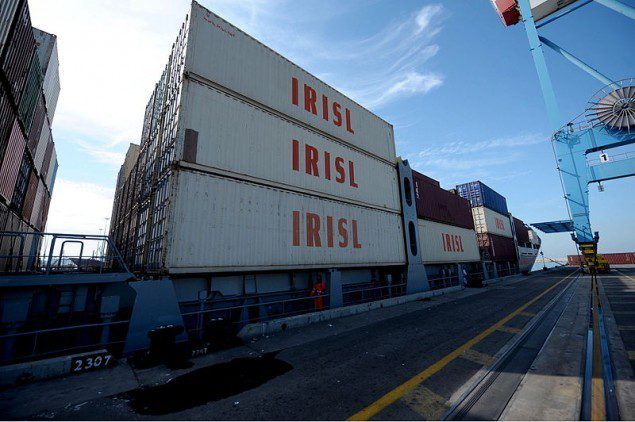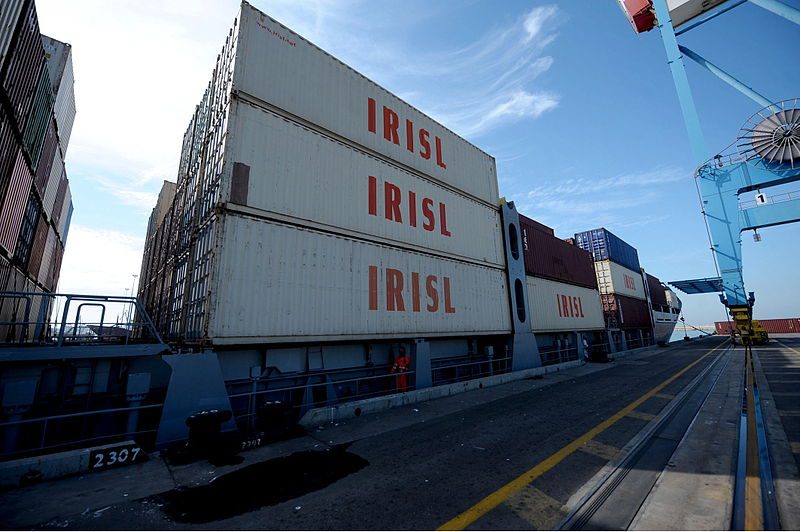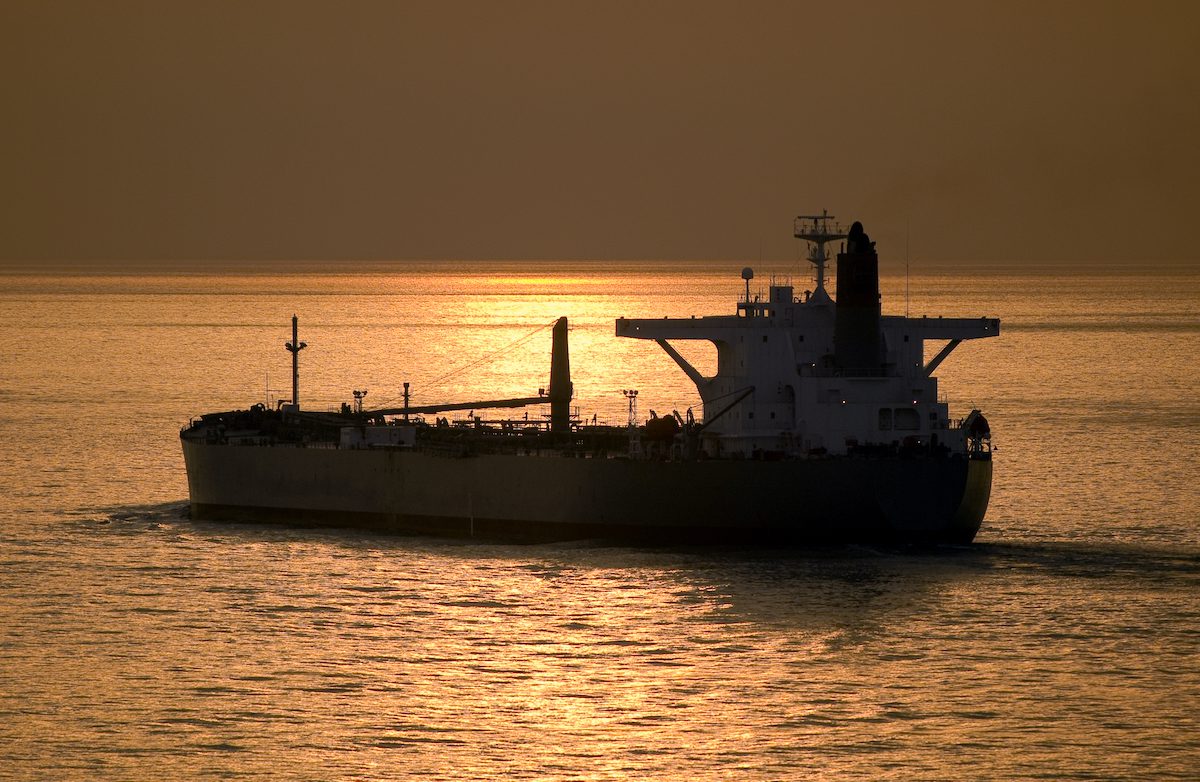

By Justyna Pawlak and Jonathan Saul
BRUSSELS/LONDON, Sept 16 (Reuters) – The European Union’s efforts to impose economic sanctions on Iran suffered a new setback on Monday when a top court ruled that measures against the Islamic Republic’s biggest cargo carrier should be lifted.
The ruling by Europe’s second-highest court follows similar decisions in favour of some dozen Iranian companies in the last year, which have raised alarm in Europe and the United States.
Governments in the West have been using economic sanctions such as asset freezes against banks, shipping companies and other firms in an effort to curb Iran’s nuclear activities they fear aim at developing weapons.
But the Luxembourg-based General Court says the EU is failing to sufficiently justify the need to impose sanctions against some targets.
In the case of the Islamic Republic of Iran Shipping Lines (IRISL), the court said on Monday that the evidence of its alleged involvement in nuclear proliferation offered by European governments “does not justify the adoption and maintenance of restrictive measures”. Monday’s ruling also included other Iranian shipping firms connected to IRISL.
EU governments have two months to appeal, and sanctions will remain in place until the appeals process is exhausted.
A spokeswoman for the EU’s diplomatic service said the 28-member bloc would review the ruling to determine its response.
“We are fully aware … of the consequences deriving from this and previous judgments. Reflection on all possible remedial action is already ongoing,” Maja Kocijancic said.
Such court cases are a challenge to EU governments who argue they cannot provide detailed proof of the plaintiff’s activities because doing so can expose confidential intelligence and undermine their efforts to combat Iran’s atom work.
With dozens more cases pending in courts, the pressure is on the governments to find ways to cooperate with courts better.
But lawyers for Iranian plaintiffs have argued there simply is no evidence of illicit activities by their clients.
“This is not just victory for our clients but also for the rule of law. It’s a celebration of the independence and integrity of our courts,” Maryam Taher, one of the lawyers representing IRISL and its affiliates, told Reuters.
GROWING CASE LOAD
Tehran denies having any military intentions. It says its nuclear efforts are for energy generation and medical research and refuses to meet international demands to scale back the work, expressed in a series of United Nations Security Council resolutions over the last seven years.
Sanctions experts say mounting litigation in Europe means western governments have to cast a wider net in their policies against Iran and target entire sectors of its economy to ensure they are effective.
But such measures are unlikely to find support in the European Union at a large scale, because governments are concerned about punishing companies not involved in atom work.
Mark Dubowitz, executive director of the Foundation for Defense of Democracies think tank, which has pushed for tougher sanctions, said IRISL’s activities in Europe may remain constrained even if sanctions were upheld by the highest court.
“In theory, if the appeal is rejected, IRISL could have their cargo fleet now trade in Europe,” he said. “In practice, the fear of U.S. sanctions should keep all European businesses that are not completely isolated from the U.S. market from interacting with the Iranian fleet.”
IRISL was hit with financial sanctions by the U.S. Treasury in 2008 for what it said was its role in aiding Iran’s ballistic missile development programme, and any foreign companies doing businesses with it may face punitive measures under U.S. law. (Reporting by Justyna Pawlak, editing by William Hardy)
Editorial Standards · Corrections · About gCaptain
This article contains reporting from Reuters, published under license.

 Join The Club
Join The Club












